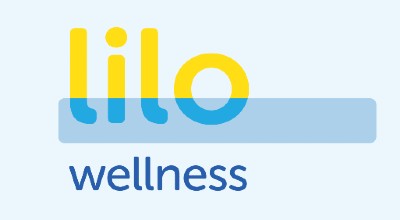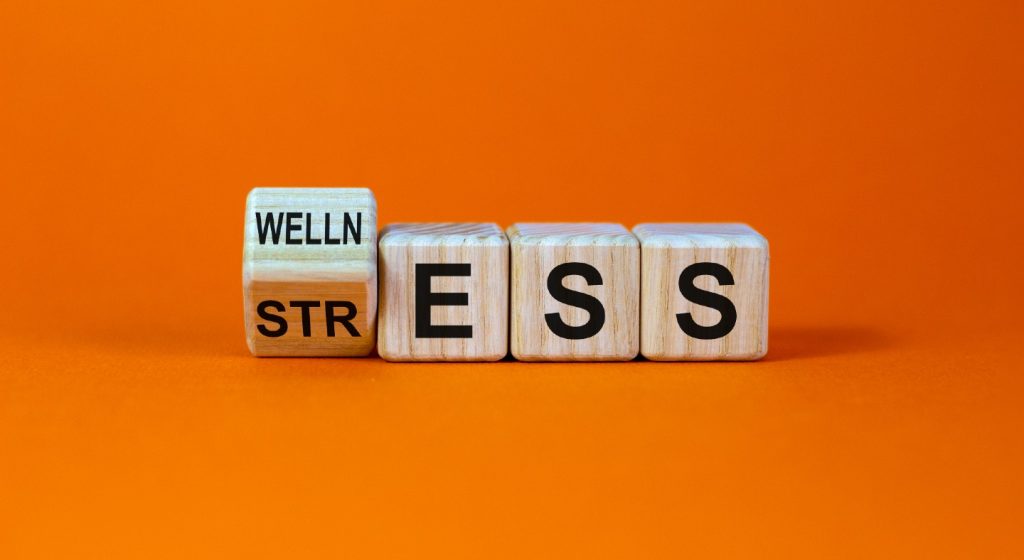By Susie Hopkins
Let’s face it, stress isn’t going anywhere. It’s a part of life for everyone, but as a mama of one or more children with disabilities stress is a part of life most days, and often every day.
While doing what you can to reduce it makes a lot of sense, it turns out that accepting stress and working on changing your beliefs about stress appears to be even more important than how stressed you are.
Some quality research even goes as far to suggest that our beliefs about stress can cause premature death. (Gulp!) While this might sound a bit dramatic, the researchers estimate that more than 20,000 deaths a year in the United States may be due to the belief that stress is bad for your health.This fascinating TED Talk by Kelly McGonigal summarises this research.
In a nutshell, approximately 29,000 people were asked how much stress they experienced in the year prior, and whether stress affects their health. Then they followed these people for eight years to monitor death rates.
It turned out that the people who experienced a lot of stress AND believed that that stress is bad for your health were 43% more likely to die prematurely than if they only reported experiencing a lot of stress.
How stress impacts circulation
In other research, one group of people were taught that stress is not bad for our health at all, and that in fact it is good for your health and to forget everything they’d heard about it being bad for you. The researchers compared how this group’s blood vessels constricted when they were stressed compared a group of people who did not take part in the education sessions.
The results clearly showed that their blood vessels constricted less when stressed in the groups of people who were taught that stress is good for your health. This could be a plausible reason why our beliefs about stress appear to have a very real impact on the likelihood of premature death.
Stress is a risk factor for heart disease. And how much our blood vessels constrict is more than likely often a contributing factor as to why this is the case. So, it really does make sense that by changing our beliefs about the impact of stress on our health, we may lessen the risks to our health – and possibly even save our own lives!
And, so now what?
It’s still important to do the things we know help us manage stress like prioritising sleep, practicing mindfulness or yoga and doing the things we love, for example, but instead of the goal being little or no stress, it may be healthier to think more about building in “recovery” from high levels of stress all the time.
And, we can intentionally change our attitude to stress. Next time you’re frustrated because of the fight your need to put in to advocate for your child, or you get your next NDIS plan and it falls short, instead of being stressed about being stressed, try to reframe it instead. Remind yourself that this is simply the body helping us rise to the challenges we face.
Use that energy to advocate even harder for your kids and to take the next steps you need to take. Conjure a sense of gratitude for how the human body works and remind ourselves that what happens in our mind can have a huge impact on our how our body works.
The mind body connection is real
To understand just how connected your thoughts and your body are, close your eyes for a moment and imagine you are sucking on a lemon. Really imagine the sourness of the lemon in your mouth. Have you noticed an increase in the saliva in your mouth? That’s your mind causing real physical changes in your body.
Until recently, doctors and the public have both seen the mind and body as separate entities but that perception is shifting and as it is much better understood just how much our beliefs and attitudes influence our physical as well as mental health.
With this knowledge we need to find ways of framing the stress in our lives in ways that makes it less harmful.
Self-care is still important
There are times in our lives that are more stressful than others. When our care load is through the roof, or our kids are suffering from serious health concerns, these are the times when looking after ourselves really needs to be a priority.
As we all know all too well, unfortunately this is when we’re least likely to make the time to look after ourselves. Awareness of this can help motivate us to take that bath or go for that walk we know will do us the world of good.
But it’s also worth remembering that if we can learn to befriend stress, to see our stress response as the body’s amazing capacity to help us rise to the challenges of life, that is a huge step in the right direction to reduce its harmful effects.

Learn how to feel less stressed in under an hour
A FREE crash-course for parents of kids with special needs – Because when you’re less stressed your whole family benefits.
Specially designed for time-poor parents and carers, this concise course is packed full of actionable insights to help you create a life with less stress for the whole family.
It has been created by Susie Hopkins who is a Registered Nurse, has a Masters of Public health and yoga and mindfulness qualifications. She has been teaching stress management for almost 10 years and is also the sole parent of an autistic child.
Click on the link above for more information.




